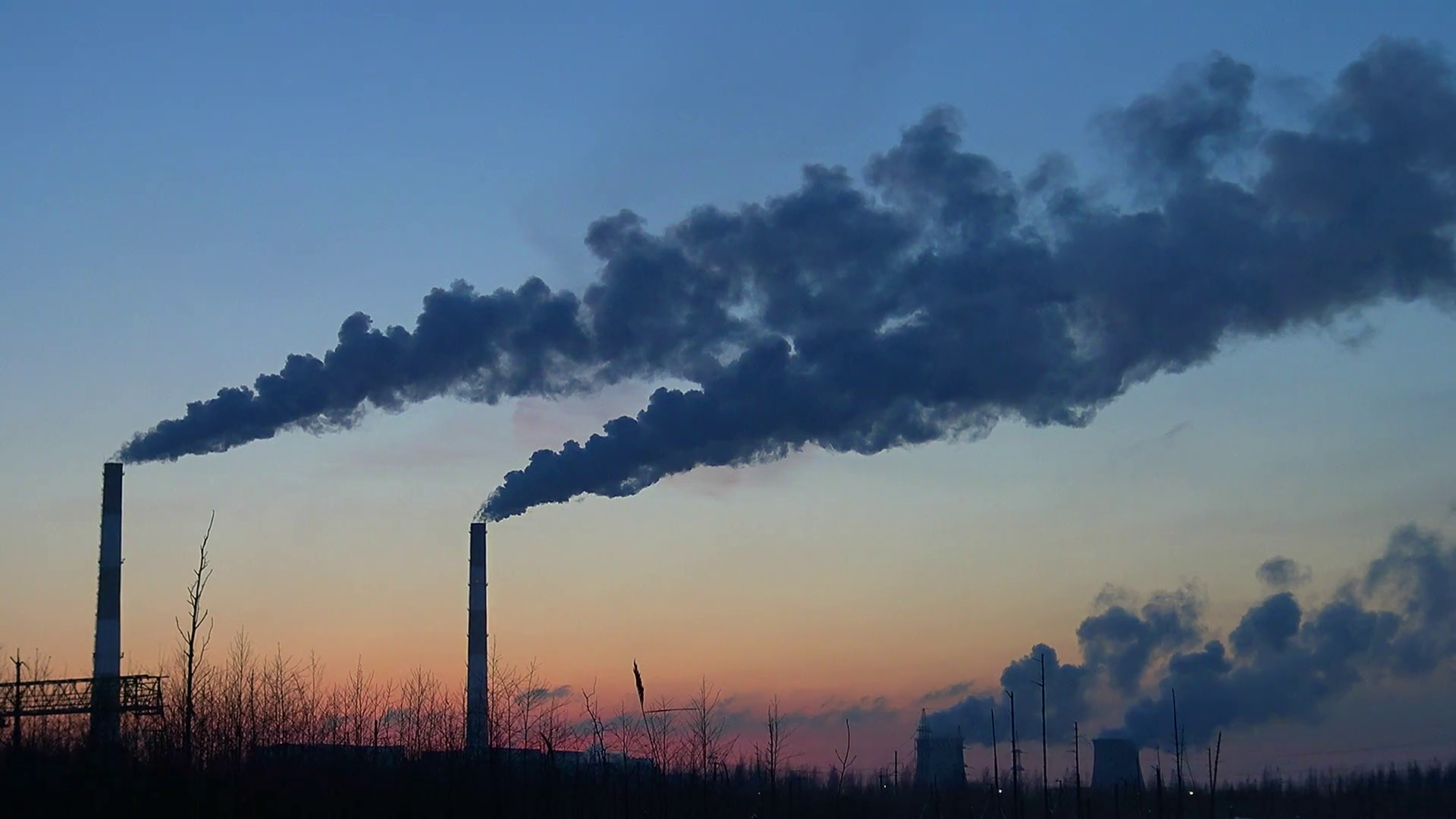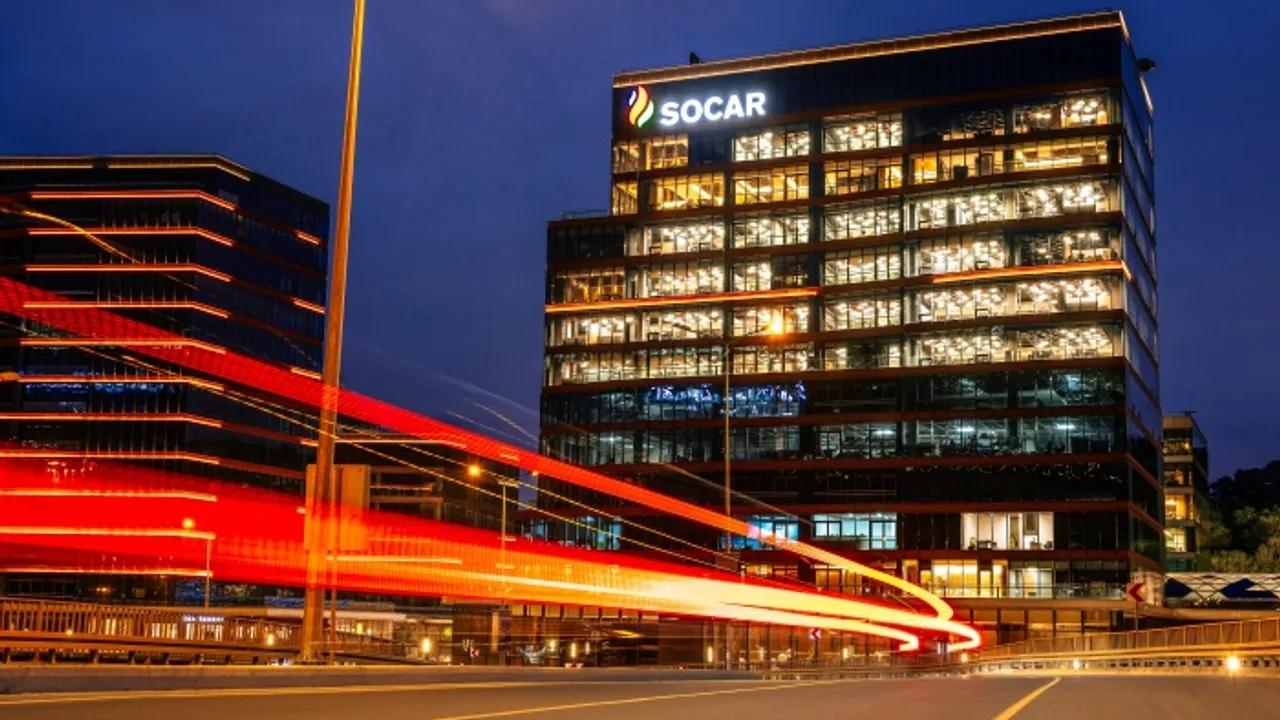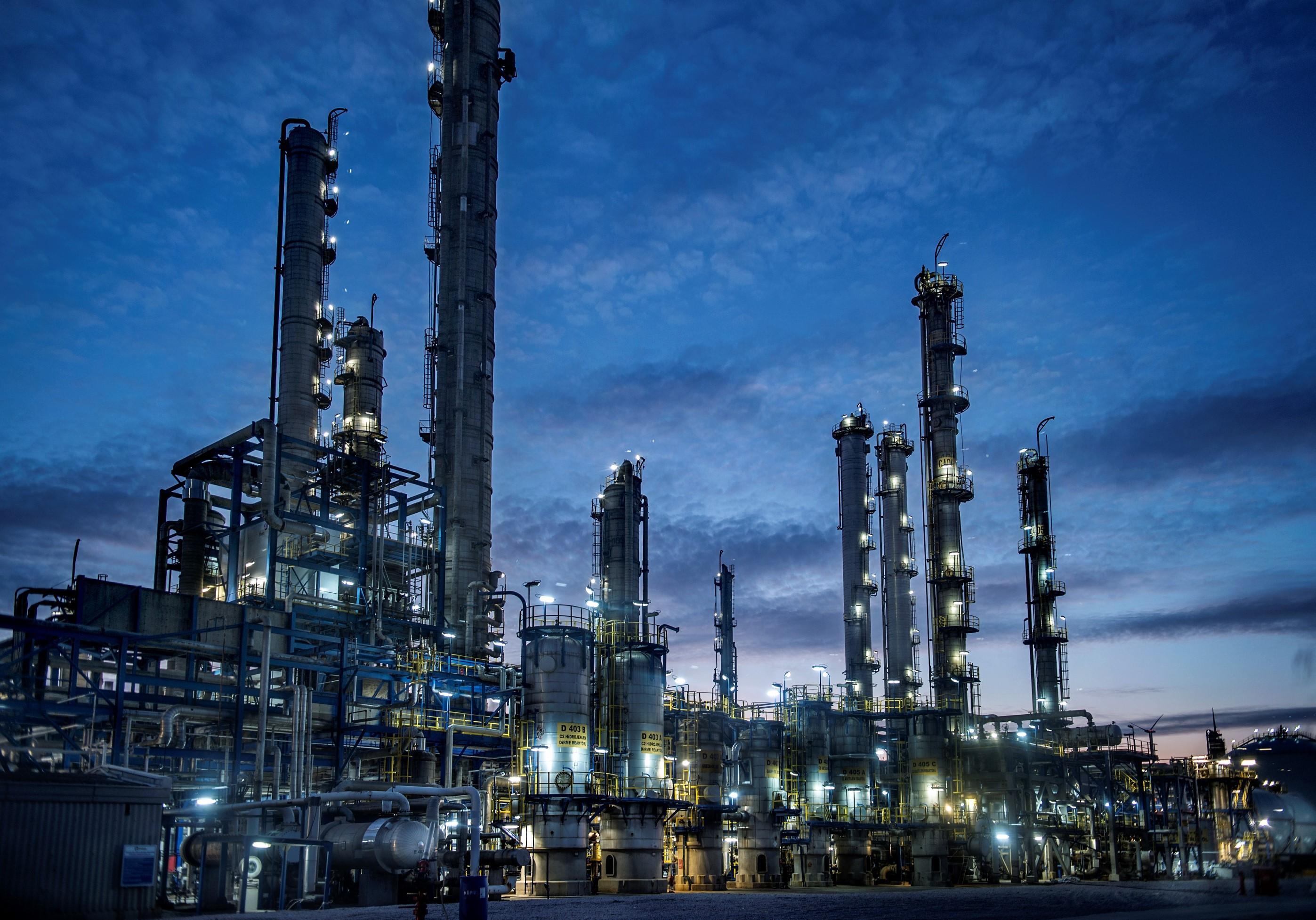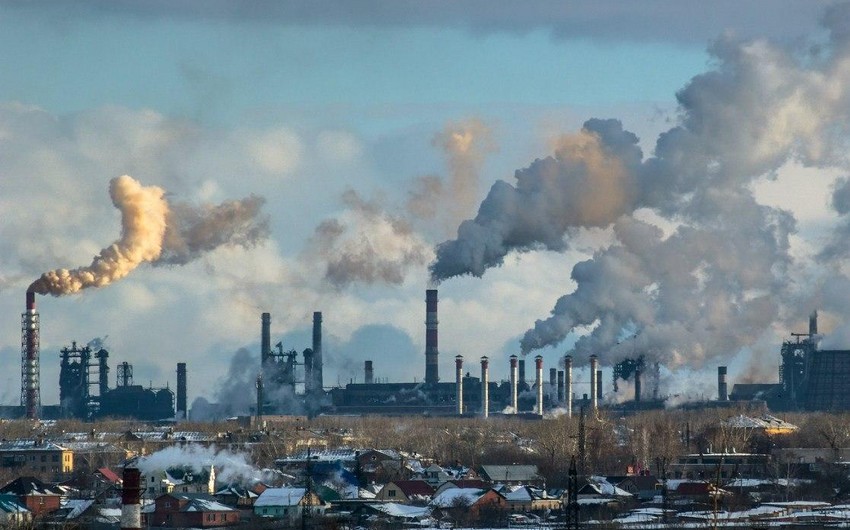Reducing harmful emissions, preventing global warming on the planet – these are perhaps the most relevant headlines in newsfeeds in recent years. Yet, scientists sound the alarm: an increase in the average air temperature on Earth, even by 1.5 degrees, carries not only risks to human health but also significantly affects global food security, water supply, and economic growth in general.
In 2015, the famous Paris Agreement was signed, which sets goals for countries to reduce negative environmental impacts that provoke climate change. Azerbaijan joined this agreement in 2016, thus declaring its intentions to reduce greenhouse gas emissions. In this regard, SOCAR has been particularly active, undertaking commitments to apply advanced measures for environmental protection and the efficient use of natural resources. Moreover, the company implements projects in this direction in Azerbaijan and in other countries where it owns a business.
Chemicals from... CO2
SOCAR Turkey has recently announced that its Arastirma Gelistirme (Ar-Ge)/Research and Development (R&D) center received funding under the European Commission’s Horizon 2020 grant program for the NEFERTITI project. The project involves the production of ethanol/isopropanol from carbon dioxide using solar technology. The ecological goal and importance of the idea are apparent. Suppose the possibility of converting carbon dioxide and water into chemicals is commercialized. In that case, it’s possible to significantly reduce the amount of harmful emissions and turn this evil into good. At the same time, the company managed to become one of 10 members of the consortium with the major companies from the world’s leading economies, which received financial support under this program. The project budget is 389,000 euros, and the grant will comprehensively cover its costs. “We have set the goal of expanding our experience in the use of renewables through projects in which carbon dioxide and water can be converted into chemicals,” said Director of SOCAR Turkiye Ar-Ge ve Inovasyon A.S. Bilal Guliyev.

Most experts insist that CO2 processing should become the primary industry of the future. Although there is a lot of research globally to find effective ways to utilize and recycle CO2, there are pretty successful startups that eventually turned into well-established production facilities.
Two years ago, scientists from seven scientific organizations, including Oxford and the University of California, Los Angeles (UCLA), presented ten options at once for using liquefied CO2, the main greenhouse gas. It can be converted into fuel, chemicals, plastic, or building materials. According to their calculations, each possible option can capture about 0.5 gigatons (1 Gigaton - 1 billion metric tons) of CO2, which would otherwise enter the atmosphere. Thus, in the most optimistic scenario, humanity will capture and process about ten gigatons of CO2 annually. For this, the cost of the process should be at the level of $100 per ton.
There is no need to talk about how important this is from the point of view of combating global warming. So instead, let’s look at the statistics: since the beginning of the industrial revolution, humankind has emitted about 2,000 gigatons of carbon dioxide into the atmosphere.
Therefore, it is not surprising that the project proposed by SOCAR Turkey Ar-Ge attracted the attention of the European scientific community and received grant support. Furthermore, the results obtained within the research on the project will undoubtedly be significant within the region and globally, taking into account the global nature of the problem.
Waste-free plastic
By the way, SOCAR Turkey Ar-Ge Center was created in 2019 to produce environmentally friendly products and develop digital technologies. The center has six laboratories in rheology, catalysts, polymer characteristics, environment and biotechnology, chemical analysis, and chromatography. Highly qualified specialists and scientists conduct research in laboratories. The R&D Center also has offices with a pilot production area of 400 square meters, which will enable the use of catalyst preparation, polymerization and testing systems. The project mentioned above is far from the company’s first success in this direction - at least the joint project with the Middle East Technical University (ODTÜ) on the secondary chemical processing of plastic waste.

As part of the project, SOCAR Ar-Ge and ODTÜ are conducting research in the recycling and sustainable production of plastic raw materials, converting waste into primary components. This helps solve another global environmental problem for humanity. Probably, many have seen various stories about the littering of seas and oceans with plastic waste, which sometimes doesn’t decompose for up to 700 (!) years.
How relevant is this for Turkey? According to a 2019 World Wildlife Fund (WWF) report, Turkey is responsible for a fifth part of all plastic emissions into the Mediterranean Sea. In addition, Turkey has become a major global importer of plastic waste as the US, Germany, UK, and Japan began exporting more to the country after China’s ban. However, the country’s recycling figures remain very weak despite the zero-waste policy launched by Turkey’s first lady, Emine Erdogan, in 2017.
Innovative solutions
By the way, within the framework of this initiative, Turkey's Ministry of Environment and Urban Development issues a “zero waste certificate” for companies and structures that fulfill all the requirements for five years. After obtaining this certificate, it is possible to apply for a Silver, Gold, and Platinum Zero Waste Certificate for the next 12 months.

Literally, at the beginning of May this year, three subsidiaries of SOCAR Turkey - Petkim, the STAR Oil Refinery, and SOCAR Turkiyе Akaryakit Depolama A.S. received this five-year certificate. Anar Mammadov, head of the SOCAR Turkey Refining and Petrochemical Business Unit, said that to obtain this certificate, waste management systems and waste collection machines at all company production sites were updated.
“We have improved the temporary waste storage areas. In addition, throughout the year, we conducted training and educational events for all of our employees. As a result of the work done, we have increased the volume of refining up to 32% at production enterprises functioning as part of the refining and petrochemical business unit of SOCAR Turkey,” Mammadov added.
Moreover, SOCAR Turkey’s processing and petrochemical enterprises plan to apply for a silver, gold, or platinum Zero Waste Certificate next year.
As for the Ar-Ge Center, of course, SOCAR Turkey intends to expand its activities by increasing investments in it. After all, the development and projects of the center aren’t only a ‘tribute to fashion’ for environmental solutions but a vital necessity for the entire planet. In the end, it is on these innovative solutions that the sustainable growth of the company and the success and longevity of its business depend. So it’s time to turn harm into good.
Expert Gulu Nuriyev


 https://static.report.az/photo/f899db1e-4a79-3940-b561-c617698a3f12.jpg
https://static.report.az/photo/f899db1e-4a79-3940-b561-c617698a3f12.jpg

